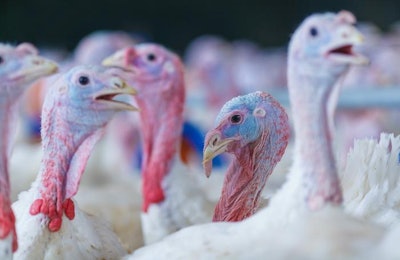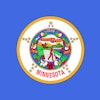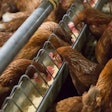
Clemson University Livestock Poultry Health (LPH) has released the control area surrounding a commercial turkey farm in Chesterfield County, South Carolina, where highly pathogenic avian influenza (HPAI) was confirmed.
The control area had been in place since early April, when the avian influenza outbreak was confirmed. It was the first confirmed case of HPAI in the United States since 2017, the U.S. Department of Agriculture (USDA) Animal and Plant Health Inspection Service (APHIS), stated. According to a report from the World Organisation for Animal Health (OIE), 34,160 turkeys were lost in that flock.
During the time the control area was in place, movement of poultry and poultry products had been restricted into and out of farms in the 10-kilometer control area where the virus was detected. The initial flock was depopulated and all commercial poultry flocks in the area showed no trace of the virus, said Dr. Boyd Parr, South Carolina state veterinarian and LPH director.
“This release follows four rounds of testing during the time starting with the infected flock until 21 days following completion of depopulation of that flock with no further detection of HPAI or LPAI in any of these flocks,” Parr said.
The farm where HPAI was detected remains under quarantine. Cleaning of the barns is underway and the disinfection process is expected to be concluded this week. Once that is completed and 90 days pass, Parr said the United States would be eligible to be considered HPAI-free.
The detection of the HPAI case in South Carolina followed several cases of low pathogenic avian influenza that had been reported in both South Carolina and North Carolina.
Parr said he believes wild waterfowl were the likely original source for introducing this strain of avian influenza into turkey flocks in the area.
Clemson LPH, a state regulatory agency, is part of the university’s public service and agriculture unit. It’s mission is to protect animal health by controlling endemic, foreign and emerging diseases in livestock and poultry and to protect the health of South Carolina consumers by inspecting meat and poultry products to ensure they are safe, wholesome and accurately labeled.
View our continuing coverage of the global avian influenza situation.



















